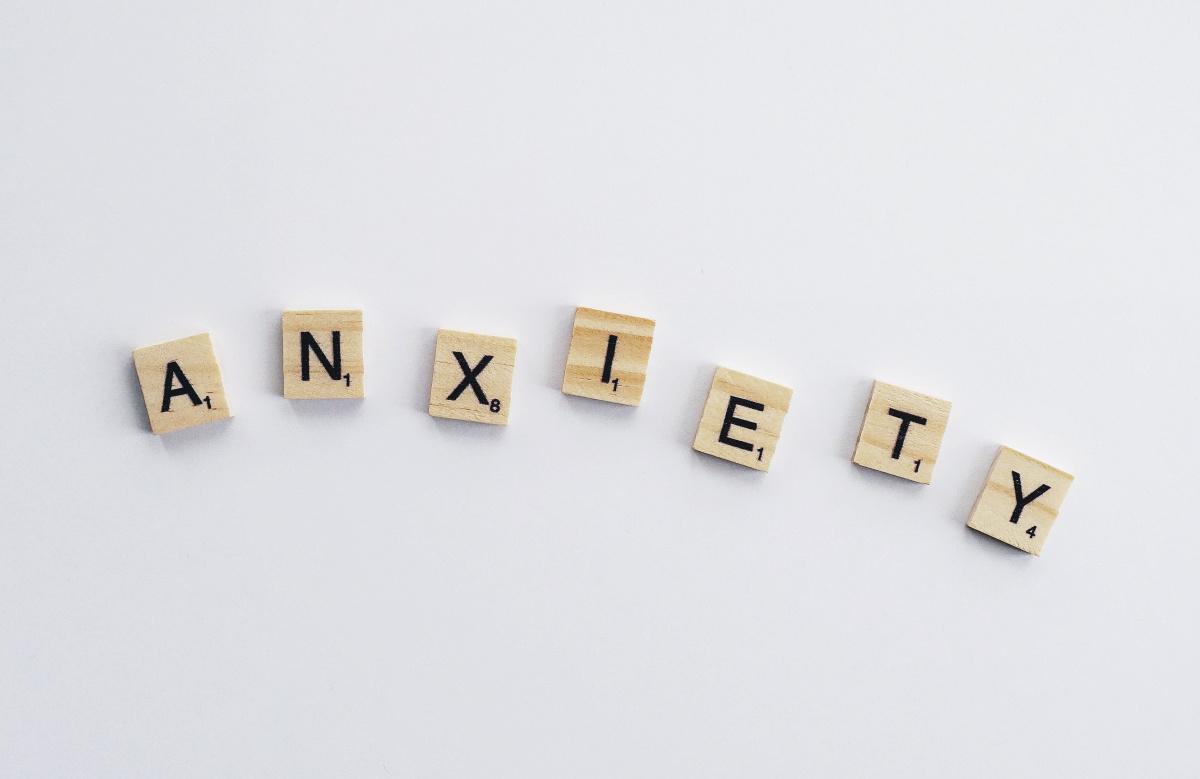Is anxiety related to ADHD?
Anxiety is a natural response to stress and a feeling of fear or apprehension about what's to come. Everyone can feel anxious from time to time, especially ahead of something new or unknown, like starting a new job. However, anxiety can become a problem if the feelings persist for more than a couple of weeks and if they are having a serious effect on your life.
Adults with ADHD are more likely to experience co-occurring anxiety and it can have a significant effect on their well-being. Anxiety is also associated with more extreme symptoms of ADHD.
Anxiety with ADHD can increase the risk of sleep problems, making it difficult to fall asleep or affecting the time of the day when you're able to sleep and reducing sleep duration to less than six hours per night.
Anxiety with ADHD can also affect someone's quality of life and might mean they don't get to enjoy hobbies they love, meet friends or affect their work.
Women with ADHD are slightly more likely to have a diagnosis of an anxiety disorder versus men. About 26% of women with ADHD have an anxiety disorder, while 18.2% of men do. This gender difference can also be seen in those without ADHD.
What can I do about it?
- Psychological interventions can help ease and manage anxiety. If you’re anxiety is extreme, your clinician will likely try to address it first before starting an intervention for your ADHD. Cognitive Behavioural Therapy is a typical treatment to help anxiety.
- Caffeine (e.g. in coffee, tea, sodas) intake can lead to higher levels of anxiety. Try to reduce how much you’re drinking caffeine and incorporate more slow-releasing foods into your diet for more energy to see it that helps.
- The HSE run a Stress Control programme that looks at common signs of stress and how to end the vicious circle to keep stress at bay. Find out more by clicking here.
- The HSE also has information here about mental health supports during the COVID-19 pandemic.


